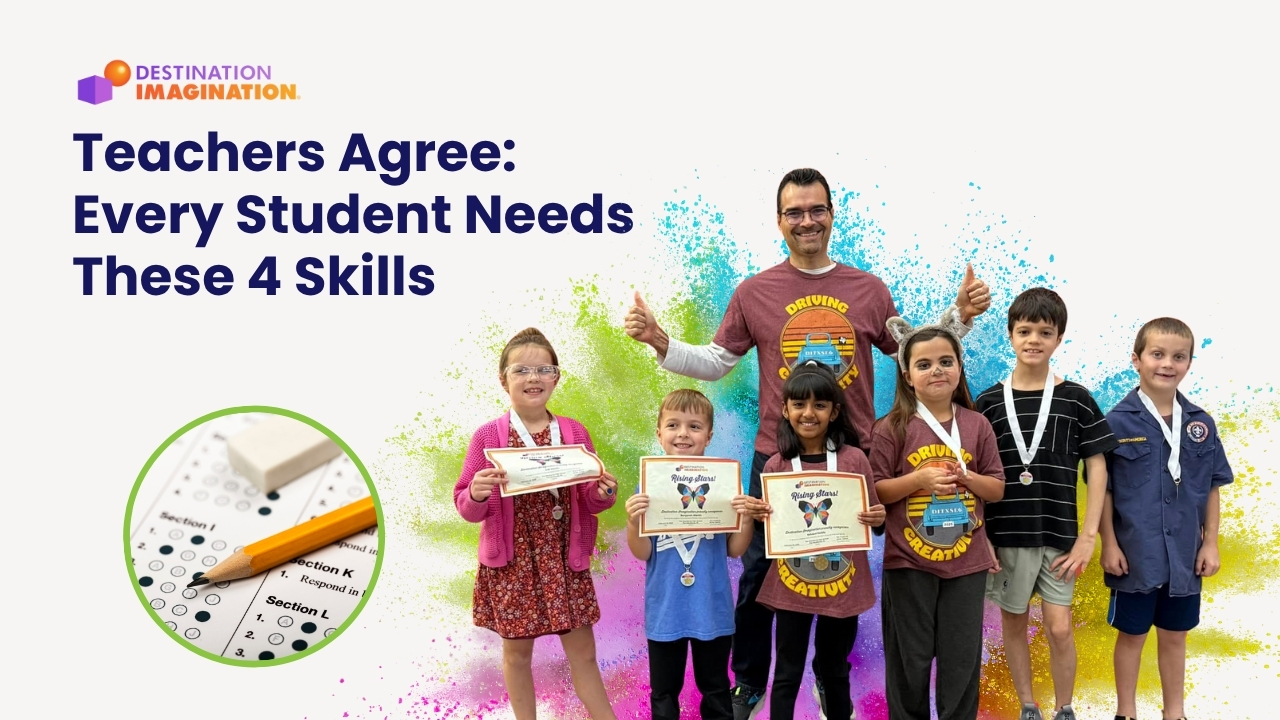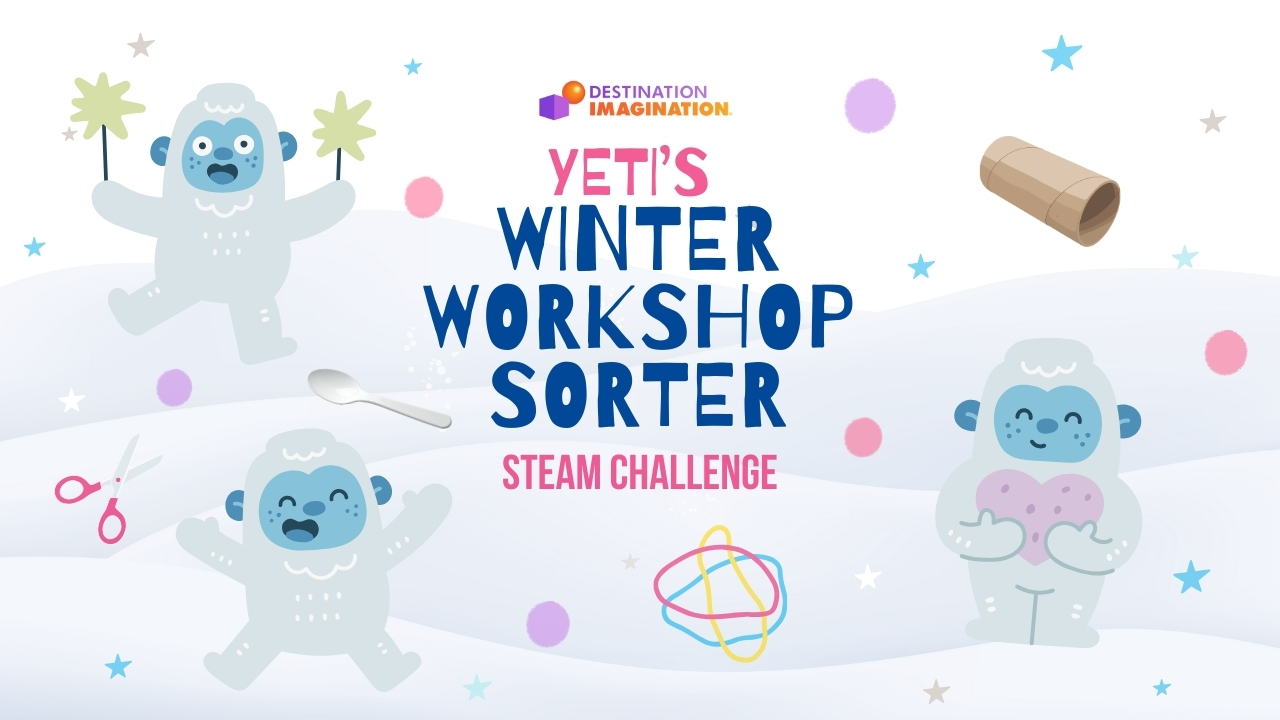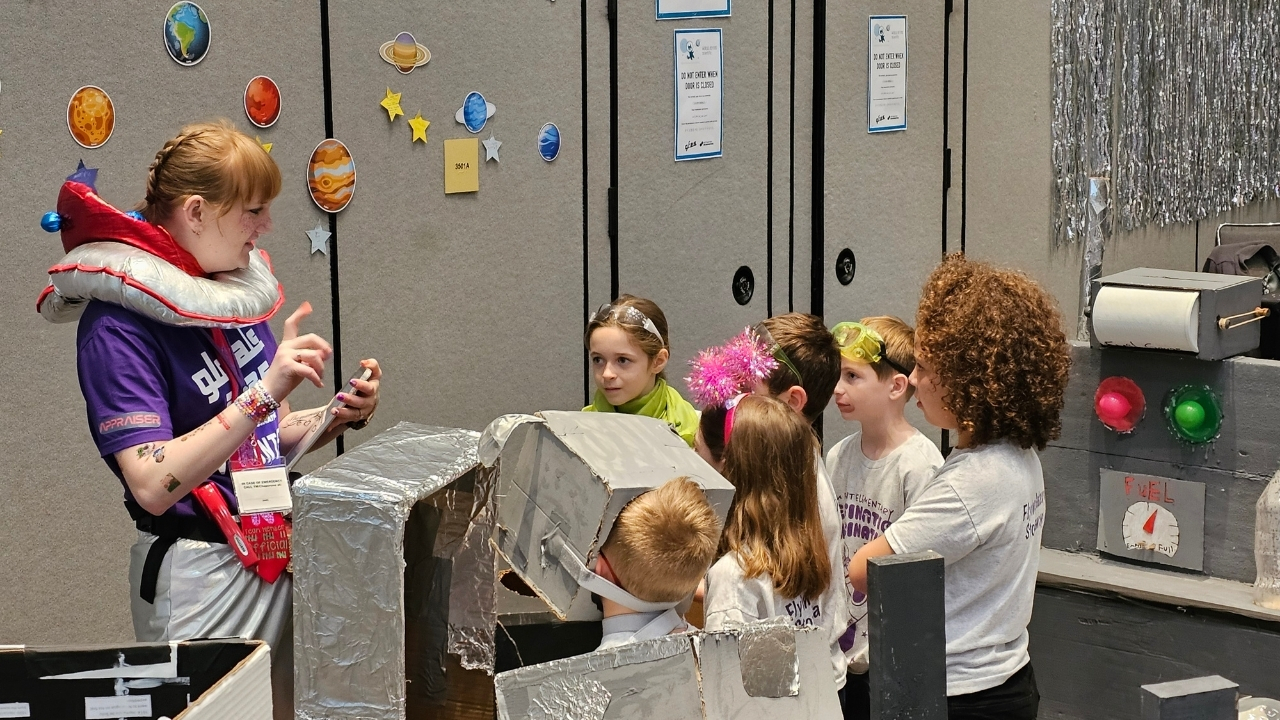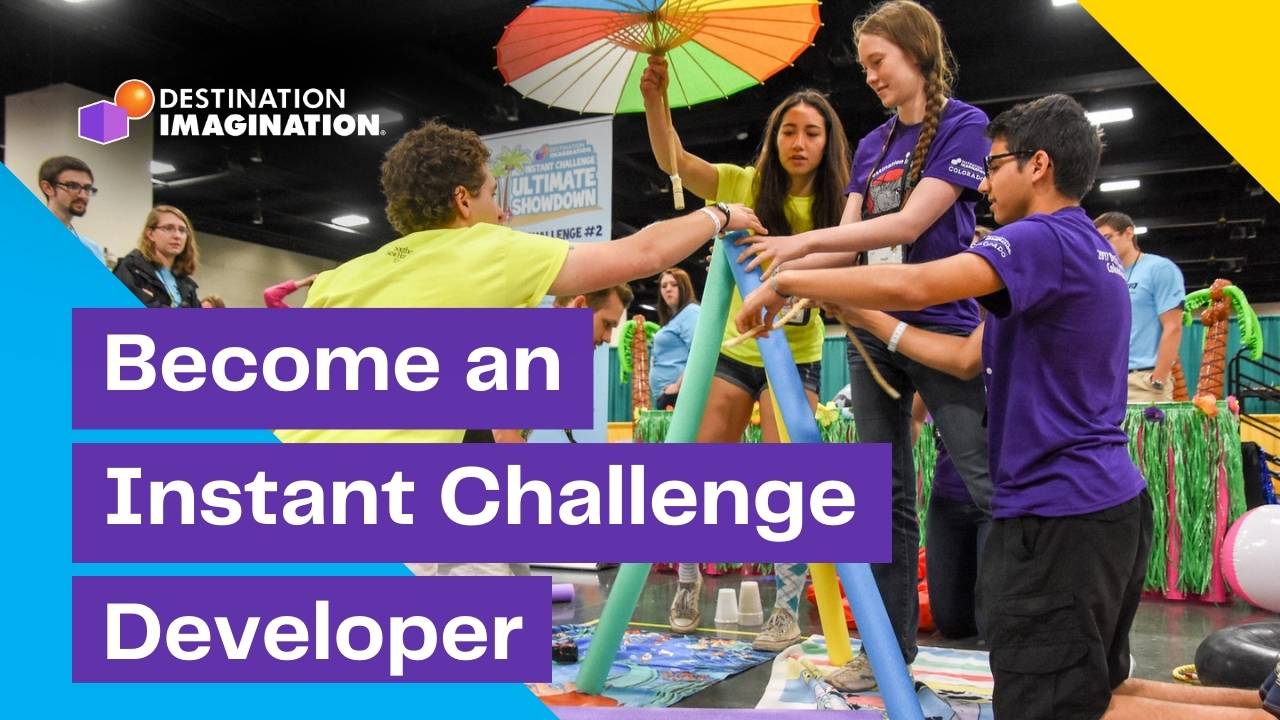A global study by Cambridge International, involving more than 3,000 teachers and 4,000 students across 150 countries, revealed a striking consensus: grades alone won’t decide whether today’s students succeed. Instead, four skills consistently rose to the top—subject knowledge, self-management, communication (oracy), and adaptability. Teachers in the study argued that these abilities will determine whether students sink or swim in tomorrow’s AI-driven and unpredictable world.
Teachers are the heart of learning. They’re not only sharing knowledge, they are sparking our kids’ curiosity, encouraging them to ask questions, and helping them to grow as thinkers and collaborators. Every day, they have to juggle different learning styles, communication hurdles, and the demands of their schools (not to mention everything they are dealing with personally!)—yet they still find ways to make sure their students feel seen and supported.
Teachers work hard to nurture these skills in classrooms. However, for kids to truly grow in them, they need more than a lesson here or there—they need consistent, hands-on practice. And that’s not always possible as much depends on factors such as curriculum, district priorities, and available resources.
Programs like the Destination Imagination Challenge Experience can help to reinforce that work. Each year, hundreds of teachers serve as Destination Imagination (DI) Team Managers, seeing firsthand how the program extends their classroom curriculum and helps to improve students’ self-confidence and well-being. They’re joined by many parents who step into the same role—evidence of how broadly DI is valued as a way to give kids consistent, hands-on opportunities that allow them to practice the very skills highlighted in the Cambridge study. Together, these mentors help students not only to stay afloat but to truly thrive in the future.
How DI Helps Students Build the Skills That Matter Most
Subject Knowledge
Even in the age of AI, strong subject knowledge still matters. The Cambridge study stressed that while technology can provide answers, students still need the curiosity and foundational knowledge to ask the right questions.
Each season, DI offers Challenges in a wide range of disciplines—Technical, Scientific, Fine Arts, Improvisation, Engineering, Service Learning, and Early Learning. While not every Challenge is tied to a traditional core subject, all are designed to stretch students’ thinking and connect learning to real-world applications. Many also align with U.S. curriculum standards in areas like English Language Arts, Mathematics, Science, Fine Arts, and Social Studies.
That means when students are designing structures, writing scripts, performing, they’re not just having fun, they are applying knowledge in meaningful, hands-on ways that deepen their understanding.
“DI is a fantastic opportunity for students to apply what they’ve learned in school to solve real problems in creative ways.” —DI Team Manager, New York
Self-Management
Every DI Challenge comes with budget and time limits. Students learn to organize tasks, manage their time and money for materials, and stick to a plan—skills that help them succeed in school, work, and life.
The Cambridge study found that teachers see self-management as one of the most important life skills—but also one of the hardest to teach. That’s why practice matters. In DI, students learn these habits of focus and regulation by managing real projects, from brainstorming to presentation.
“The biggest changes were in the understanding of managing a project. The team became much better at looking at the tasks that needed to be completed and then deciding how to delegate to each other based on their strengths and interests.” —DI Team Manager, Pennsylvania
“Our team learned to be on-task, self-motivated little project managers! And to be better listeners and treat others with respect.” —DI Team Manager, Ohio
Adaptability & Resilience
Materials break. Ideas flop. Time runs out. And that’s part of the point in DI. In a world where change is constant, it’s critical that students learn how to be both adaptable and resilient. The Cambridge study emphasized that thriving in the future won’t come from avoiding setbacks, but from learning how to face them head-on and adjust.
“Perseverance! They grew from giving up at the first obstacle to spending two months trying to make a mousetrap work as a pinball flipper before scrapping the idea and building a slingshot device instead. They figured it out—and got it to work.” —DI Team Manager, New Mexico
Communication & Oracy
The Cambridge study highlighted oracy—effective spoken communication—as one of the most urgent global gaps. Teachers reported that many students hesitate to speak up because they fear judgment, which limits their growth.
Programs like the DI Challenge Experience give students a safe and supportive place to build their voice. Teams must present their solutions live at a tournament and then speak with Appraisers (judges) to explain their process, including how they came up with ideas, how certain elements in their solution work, and how they collaborated as a team to create their solution. It’s a chance for kids to practice clear expression, active listening, and persuasive speaking—building confidence along the way, without the pressure of a classroom.
“Tremendous amount of growth in public speaking skills. Students who normally sit quietly and are just observers are taking a more direct and active role.” —DI Team Manager, Washington
“DI pulls kids out of their shells and helps them believe in themselves and their abilities.” —DI Team Manager, Alabama
Collaboration
While not listed in Cambridge’s “top four,” collaboration is woven through nearly every skill the study identified. Students don’t build resilience, apply knowledge, or strengthen collaboration in isolation—they do it in teams.
Collaboration sits at the heart of Destination Imagination. From the very first brainstorming session to the final presentation, students learn how to share responsibilities, navigate disagreements, and recognize the value that each member brings to the team. These experiences teach students that complex problems rarely have solo solutions and that true success often comes from working together.
“In the beginning, the kids argued a lot and didn’t work collaboratively. By the end of the season, they were a cohesive unit, and they all became true friends.” —DI Team Manager, Texas
“My elementary team was amazing. They went from a team of 6 individuals to an actual team. They became aware of each other’s feelings and learned how to solve problems as a team. They became great at compromising.” —DI Team Manager, Texas
The Whole Learner
The Cambridge study reminds us that education isn’t just about what kids know—it’s also about what they can do with that knowledge, how they handle challenges, and how they connect with others. Real success comes from developing the whole learner.
That’s exactly what happens in Destination Imagination. Kids don’t just work on creative Challenges—they learn what it feels like to lead, to listen, to compromise, and to create something bigger than themselves. Along the way, they take risks, bounce back when things go wrong, and discover pride in what they’ve accomplished together.
DI gives kids more than academic knowledge. It helps them grow into confident, capable people who can take care of themselves, support others, and step into the future ready to make a difference.
Preparing Kids for Tomorrow’s World
As the Cambridge report points out, AI may change the way kids learn, but it can’t replace qualities like resilience, creativity, or teamwork. Employers in every industry continue to say the same thing: soft skills—problem-solving, adaptability, and communication—are the hardest to teach later in life, but the most important for success.
The study also uncovered something eye-opening: while two-thirds of teachers believe their students are ready for the future, fewer than half of students feel that way themselves. Read that again because that gap really matters. Kids need chances not only to practice these skills, but also to see their own growth and feel proud of it.
That’s why reflection and celebration are built into every DI season. After months of brainstorming, building, and rehearsing, students don’t just present their solutions at tournaments, they get to celebrate how far they’ve come. For many, that’s the moment it really clicks: I really can do this. I’m more capable than I thought.
And once they believe that, there’s no limit to what comes next.
Take the Next Step
The world is changing fast, and schools can’t afford to fall behind. Our report, Future-Ready Learning: Harnessing Creativity for Student Success, explores why traditional education isn’t enough—and how creativity, adaptability, and collaboration prepare students to thrive in an ever-changing world.






